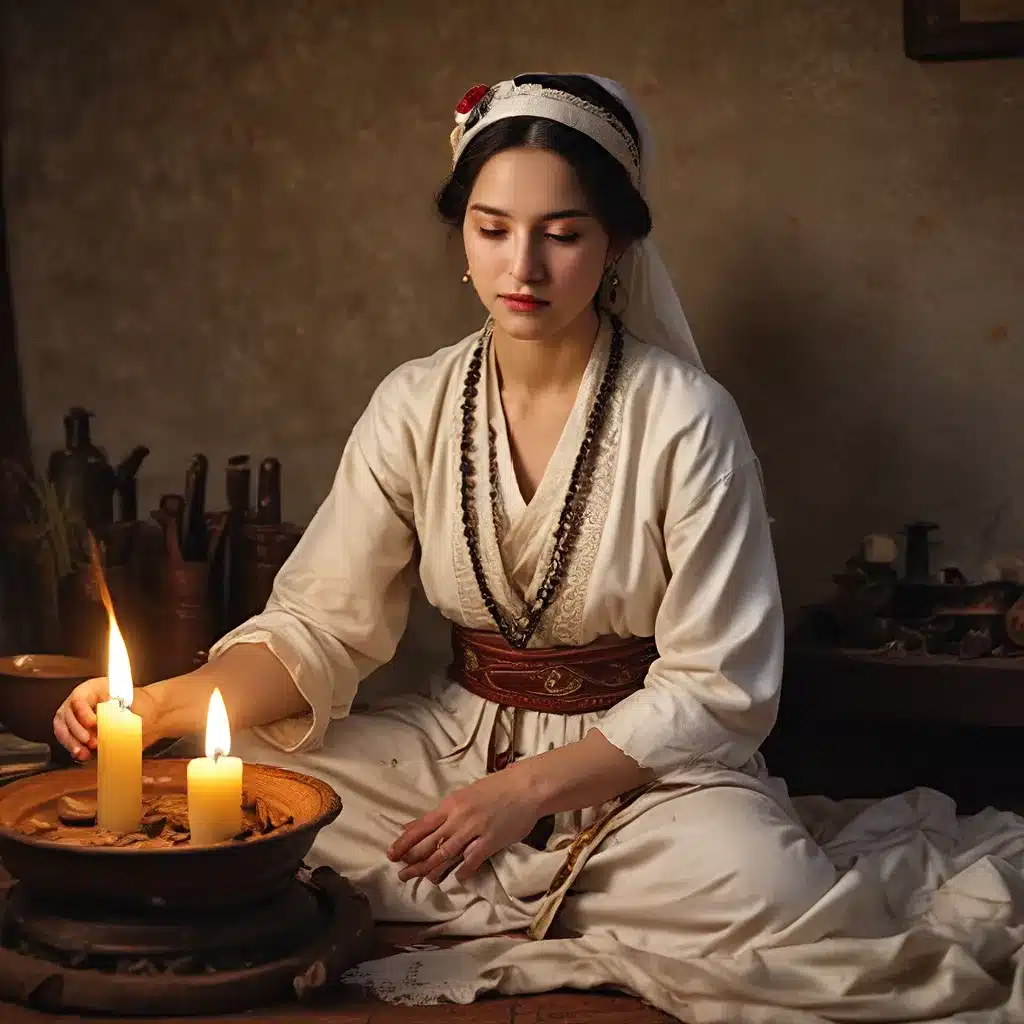
Throughout history, ancient civilizations have captivated the imagination of scholars and enthusiasts alike. From the enigmatic pyramids of Egypt to the lost cities of the Andes, the material remnants of these bygone eras hold the keys to unlocking the secrets of the past. In this comprehensive article, we will explore the rituals, beliefs, and cultural practices of several significant ancient civilizations, shedding light on the archaeological discoveries that have reshaped our understanding of these mysterious societies.
The Enduring Legacy of Ancient Egypt
The ancient Egyptian civilization has long been a source of fascination for researchers and the public alike. Renowned for their architectural marvels, such as the pyramids and the Great Sphinx, the Egyptians also left behind a rich tapestry of religious and cultural practices that continue to captivate the modern world.
One of the most iconic aspects of ancient Egyptian culture was their elaborate funeral rituals. The mummification process, which involved the preservation of the deceased’s body, was believed to be essential for the soul’s journey into the afterlife. The tombs of pharaohs and other elite members of society were meticulously designed, adorned with intricate artwork and inscriptions that provided a glimpse into the beliefs and values of this ancient civilization.
Recent archaeological discoveries have shed new light on the religious practices of the Egyptians. The unearthing of temple complexes and ritual artifacts has allowed researchers to better understand the pantheon of deities that were central to Egyptian spirituality. The role of the pharaoh as a divine ruler, serving as an intermediary between the gods and the people, has also been further elucidated through these findings.
The Mysticism of Pre-Columbian Civilizations
Across the Atlantic, the pre-Columbian civilizations of the Americas have long captivated the imagination of scholars and the public. From the grand Aztec Empire to the enigmatic Mayan and Inca cultures, these ancient societies left behind a rich legacy of architectural wonders, intricate artistic expressions, and spiritual practices that continue to inspire awe and wonder.
One of the most fascinating aspects of these pre-Columbian civilizations is their complex systems of belief and ritual. The Aztecs, for example, had a detailed cosmology that revolved around the concept of cyclical time and the delicate balance between the natural and supernatural worlds. Their religious ceremonies often involved human sacrifice, which was viewed as a necessary offering to the gods to maintain the cosmic order.
Archaeological excavations have uncovered a wealth of evidence that sheds light on the spiritual practices of these ancient societies. The discovery of ceremonial sites, ritual artifacts, and artistic representations has allowed researchers to better understand the beliefs and values that underpinned the worldviews of these civilizations.
Deciphering the Mysteries of the Ancient Near East
Across the Middle East, the ancient Near Eastern civilizations have long been the subject of intense scholarly interest. From the Mesopotamian empires of Sumer and Babylon to the Hittite and Phoenician cultures, these societies left behind a rich legacy of written records, architectural marvels, and religious practices that continue to captivate researchers.
One of the most significant archaeological discoveries in the region has been the cuneiform script, a writing system used by various ancient Near Eastern civilizations. The deciphering of these intricate clay tablets has provided invaluable insights into the administrative practices, religious beliefs, and cultural traditions of these societies.
The religious practices of the ancient Near East were often characterized by a pantheon of deities, each with their own unique domains and attributes. The role of the priest and the ritual ceremonies associated with various gods and goddesses have been a focus of intense study, shedding light on the complex spiritual beliefs that underpinned these civilizations.
Uncovering the Secrets of the Ancient Mediterranean
In the Mediterranean region, the ancient Greek and Roman civilizations have left an indelible mark on the course of human history. From their groundbreaking philosophical and scientific achievements to their impressive architectural and artistic legacies, these societies have long captured the imagination of scholars and the public alike.
One of the most fascinating aspects of these ancient Mediterranean civilizations is their rich mythological and religious traditions. The Greek pantheon of gods and goddesses, each with their own unique personalities and domains, has been a subject of intense study and cultural fascination. The role of rituals and temple practices in these ancient societies has also been a topic of great interest, as researchers seek to understand the spiritual beliefs that underpinned the cultural and political structures of these civilizations.
Recent archaeological discoveries, such as the excavation of ancient temples, sanctuaries, and ritual artifacts, have provided invaluable insights into the religious practices and beliefs of these ancient Mediterranean societies. These findings have not only shed light on the cultural and spiritual traditions of the past but have also sparked new discussions and debates about the enduring legacy of these civilizations.
Conclusion: Exploring the Enduring Significance of Ancient Civilizations
Through the lens of archaeology and historical analysis, we have delved into the rituals, beliefs, and cultural practices of several significant ancient civilizations. From the mummification rituals of ancient Egypt to the human sacrifice practices of the Aztecs, these societies have left behind a rich tapestry of material and spiritual legacies that continue to captivate researchers and the public alike.
As we continue to uncover the secrets of the past, the insights gleaned from these archaeological discoveries have the power to reshape our understanding of history and the human experience. By exploring the beliefs, values, and cultural traditions of these ancient societies, we gain a deeper appreciation for the diversity and complexity of the human experience, and the enduring significance of these bygone eras in shaping the modern world.
We encourage you to explore the wealth of knowledge and resources available on this topic, as we continue to delve into the mysteries of the past and uncover the fascinating stories that lie buried beneath the sands of time.


